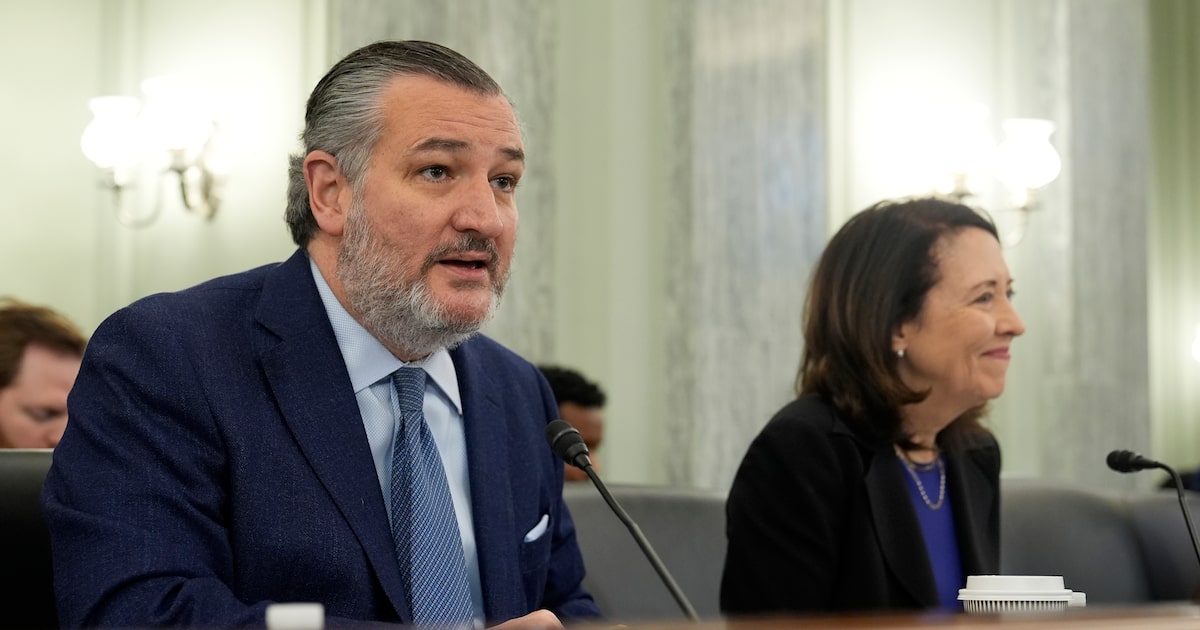Sports Streaming Chaos: Cruz Challenges Media Giants Over Fan Frustration

In a bold move to address the frustrating landscape of sports broadcasting, U.S. Senator Ted Cruz from Texas proposed a potential congressional solution on Tuesday that could bring relief to sports fans struggling to watch their beloved teams.
Cruz highlighted the growing complexity of sports streaming and channel fragmentation, suggesting that legislative action might help simplify the increasingly convoluted process of catching live sporting events. The proposal aims to cut through the maze of streaming services and cable packages that have made it challenging for fans to consistently access their favorite teams.
The senator's comments reflect a growing sentiment among sports enthusiasts who are increasingly frustrated by the fragmented and expensive nature of modern sports broadcasting. By signaling potential congressional intervention, Cruz is tapping into a widespread consumer desire for more accessible and affordable sports viewing options.
While specific details of the proposed solution remain unclear, the mere suggestion of congressional involvement has sparked interest among sports fans and industry observers alike. The potential for regulatory action could signal a significant shift in how sports content is distributed and consumed in the United States.
